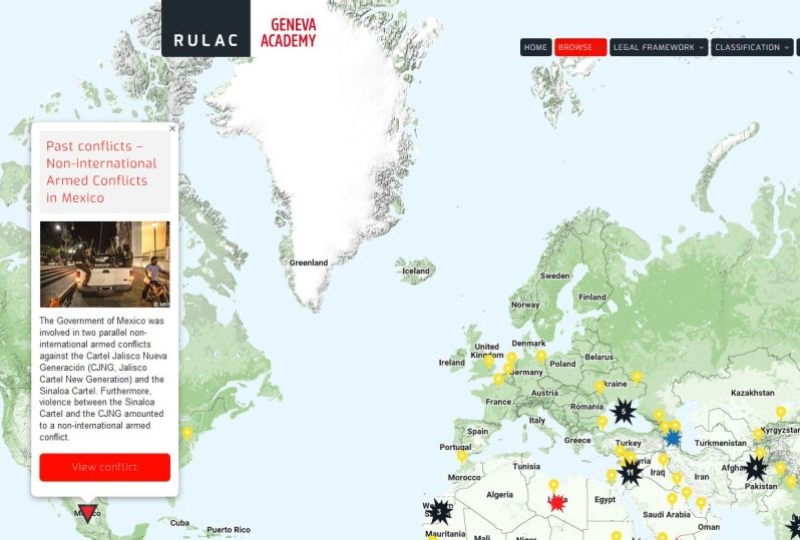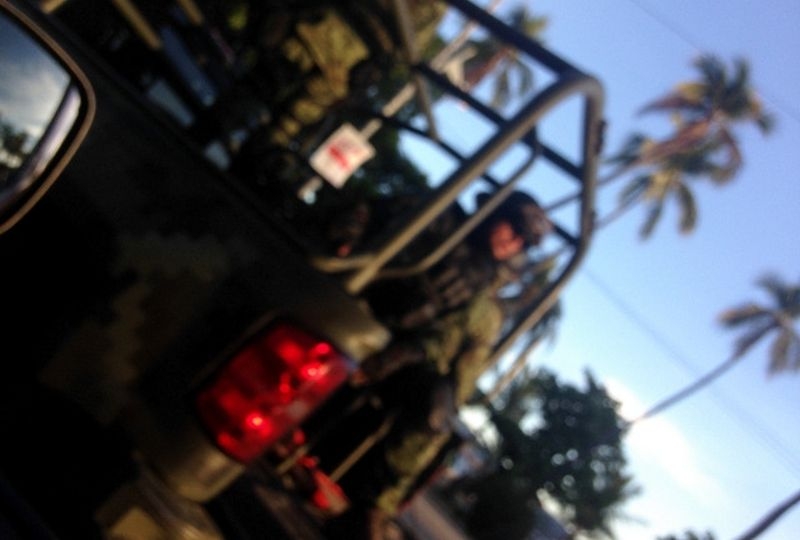This declassification does not mean that the violence decreased throughout the country, that there are fewer victims or that the overall situation improved.
‘While the armed violence between the government and the drug cartels, as well as between cartels themselves, remains high, it has become increasingly challenging to attribute these instances of violence and clashes to specific armed groups. As we cannot attribute these acts of violence to a specific drug cartel, we cannot conclude that the intensity of violence’s requirement is met, and, therefore, conclude with certainty that these three NIACs are still ongoing’ explains Dr Redaelli.
‘This declassification does not leave a protection gap. Indeed, IHRL continues applying to these clashes. This means that the applicable framework is the law enforcement paradigm as opposed to IHL’ she adds.








